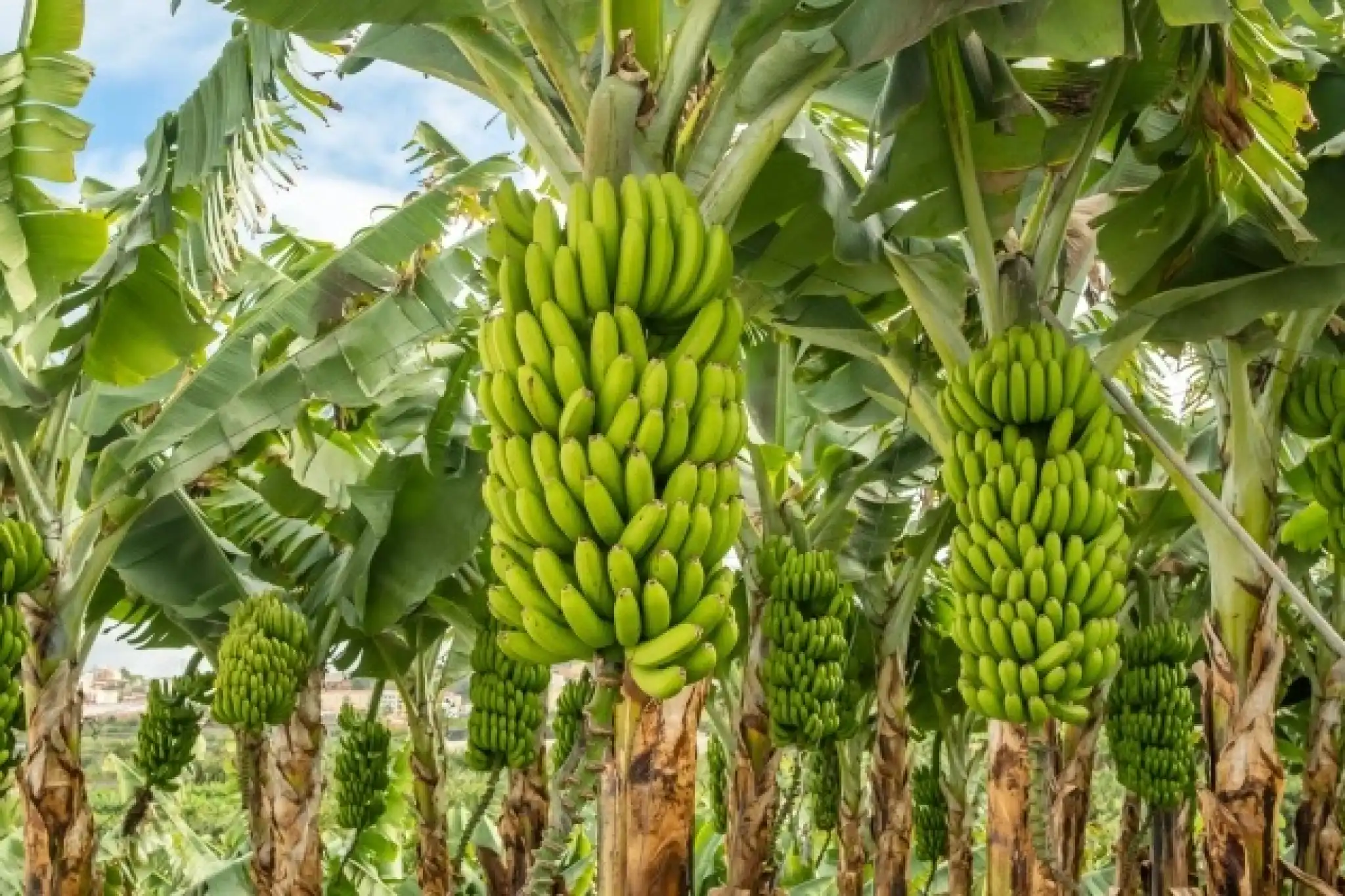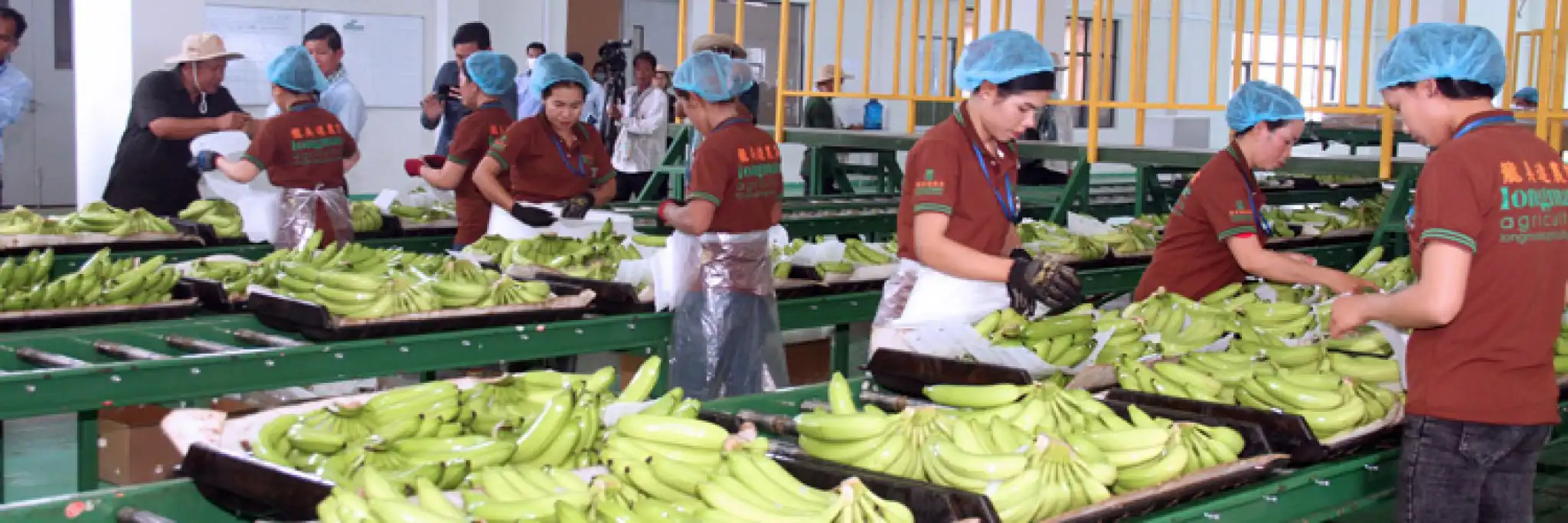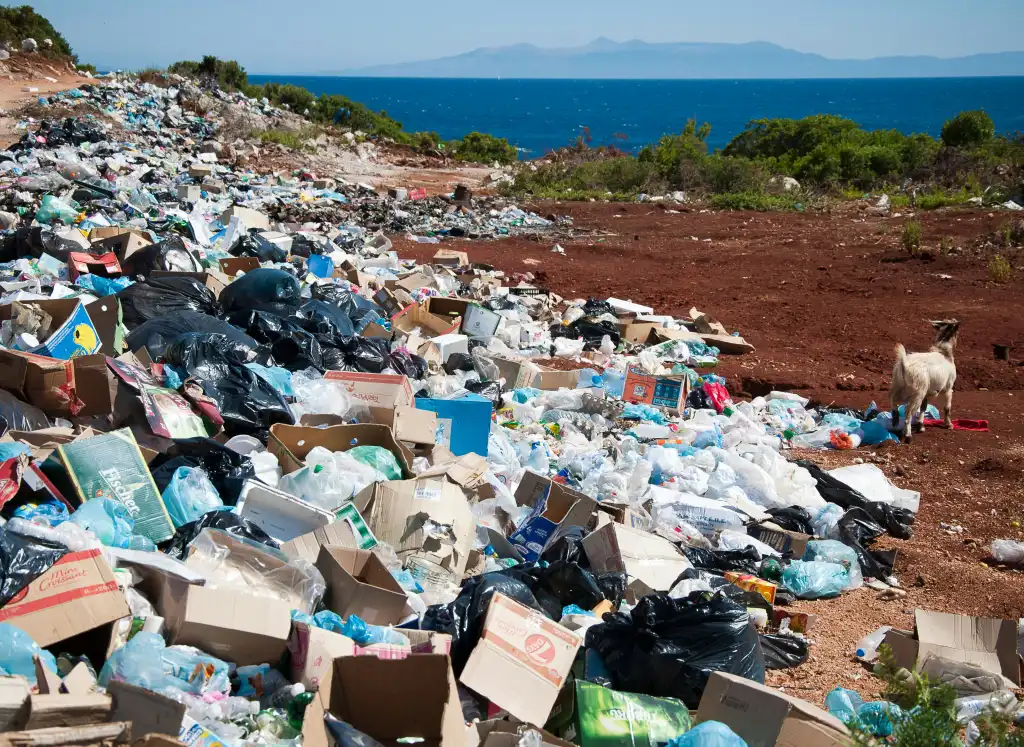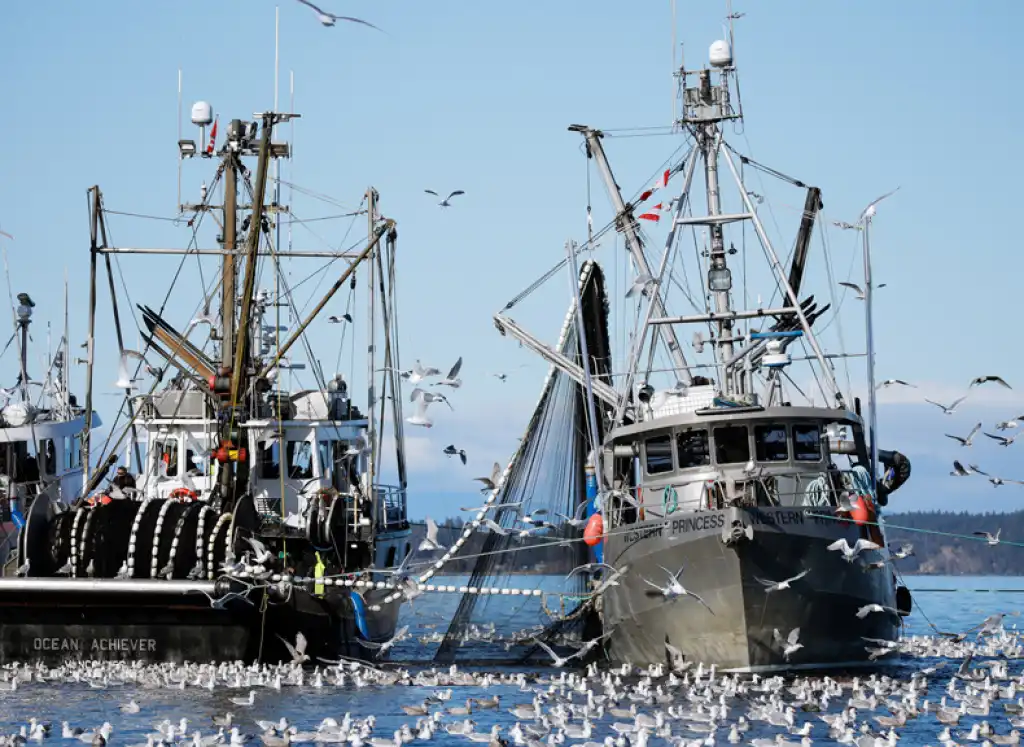Present and future prospects for banana growers

Global banana production and trade
Bananas are one of the most important agricultural products worldwide, playing a key role in the diet and economies of many countries. In 2023, global exports — excluding plantains — reached nearly 19.2 million tonnes, rebounding after the contraction in 2022.
Latin America and the Caribbean remain the leading exporting regions, with 14.7 Mt, led by Ecuador (+7%). Guatemala and Colombia show contrasting trends: growth for the former, decline for the latter due to heavy rains and Fusarium TR4.

Prices and profit margins
In 2022, the average import price in Europe was around EUR 944/t, while in the United States retail prices rose by 6%. Bananas remain among the most affordable fruits, but producers face shrinking margins due to rising production costs (+40–45% compared to pre-pandemic levels).
Ecuador generated estimated revenues of EUR 3.15 billion in 2023, with an average price of EUR 508/t, while Guatemala remained competitive at EUR 360/t.

Fairtrade: sustainability and social justice
Fairtrade promotes ethical and sustainable practices to improve the living conditions of farmers in developing countries. In Italy, since 1994, it has collaborated with companies and today accounts for about 2,500 certified products worth over EUR 500 million in sales.
In the banana sector, tools such as the Fairtrade Minimum Price and the Living Wage Differential ensure fair wages. In 2023, minimum FOB prices rose by 3.6%, benefiting over 35,700 workers across 265 plantations.
Focus on Malawi: innovation and resilience
In Malawi, climate change has devastated traditional banana crops along the lake. Heavy rains and rising water levels have forced farmers to move to warmer land, with losses of up to 30% of harvests.
The Twitule cooperative turned crisis into opportunity by producing banana wine: up to 50 liters per month, sold in local markets at around EUR 2.50 per bottle. This has allowed household incomes to rise by up to 50%, with prospects for expansion and export.
Future prospects
The main challenges for the sector remain extreme climate events, diseases such as Fusarium TR4 (EUR 95 million/year in costs for the Ecuadorian industry), and saturation of certain markets. However, the growing demand for organic and sustainable products, along with investments in technology and climate resilience, offers positive prospects.
The banana remains not only an essential food, but also a driver of economic and social development in many regions of the world.



